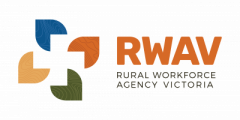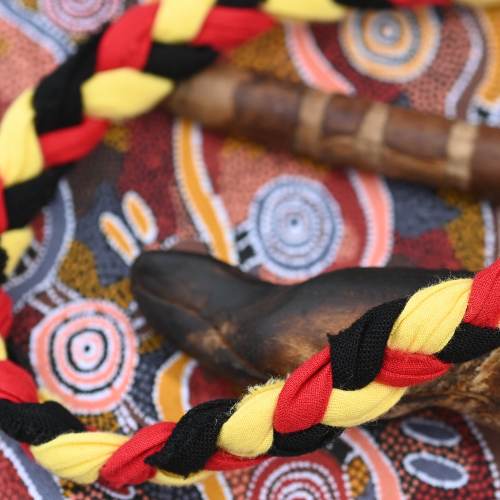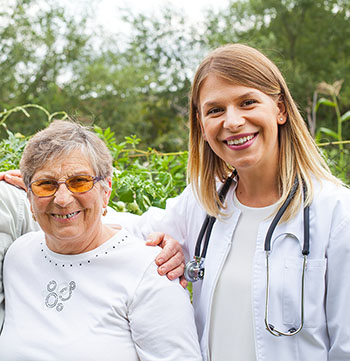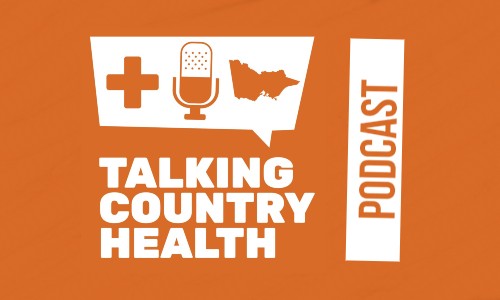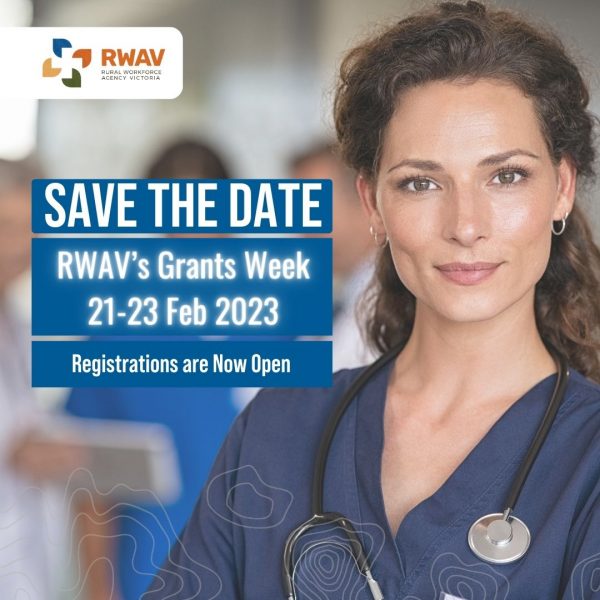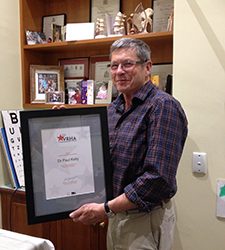 After 41 years of practicing rural medicine, Dr Paul Kelly is retiring. His journey into rural medical practice began in 1977 when Dr Kelly joined Benalla Church Street Surgery. He has undertaken course work in specialty medicine throughout his career, demonstrating an unwavering commitment to provide community health services to multiple generations of the same family.
After 41 years of practicing rural medicine, Dr Paul Kelly is retiring. His journey into rural medical practice began in 1977 when Dr Kelly joined Benalla Church Street Surgery. He has undertaken course work in specialty medicine throughout his career, demonstrating an unwavering commitment to provide community health services to multiple generations of the same family.
We caught up with Dr Kelly after his last day in practice to learn about his career in rural medicine and to get some advice for those who may be thinking about a health career in rural Victoria.
Why did you want to work in rural medicine?
After graduating, I was married and my wife was pregnant. I wanted to get away from working in a hospital. As a GP in the country, I’d be able to go home at lunch-time and be on call from home.
Tell me about some of the twists and turns your career has taken.
I grew up in suburban Melbourne. Neither I nor my wife grew up in rural areas. Eventually we made the decision to go to the country and be a part of rural life.
When I was in England doing anaesthetics, I learned there was a vacancy in Benalla. I wrote to them about the position and they told me to come and see them when I came home. That’s what I did and how it got started.
I’ve undertaken training in Melbourne in obstetrics, psychiatry, and emergency medicine and training in the United Kingdom in anaesthetics.
In 2015-16, I worked with the Royal Flying Doctor Service in Broken Hill doing locums and emergency retrievals.
What are you looking forward to doing in your retirement?
Looking after our five grandchildren. We have four little school age grandchildren and a grandson due in February. We are also looking forward to travelling around Australia in our caravan, scuba diving and getting out and walking.
Do you have any advice for those not sure of whether they want to work in rural medicine?
It’s an amazing, rewarding career working in rural medicine. You need to be prepared to be part of a community. Be prepared for people to know you, your family and your dog. In return you get to care for them, basically from cradle to grave. It’s very rewarding. You need to be prepared to potentially get up in the middle of the night to look after them. I’ve looked after four generations at a time, and it’s been a special privilege. Be prepared to be part of the town and get involved with it.
In 2015, Dr Kelly received the Victorian Rural Health Length of Service Award for having served rural and regional Victoria for over 35 years of service. We wish Dr Kelly all the very best in his retirement.
